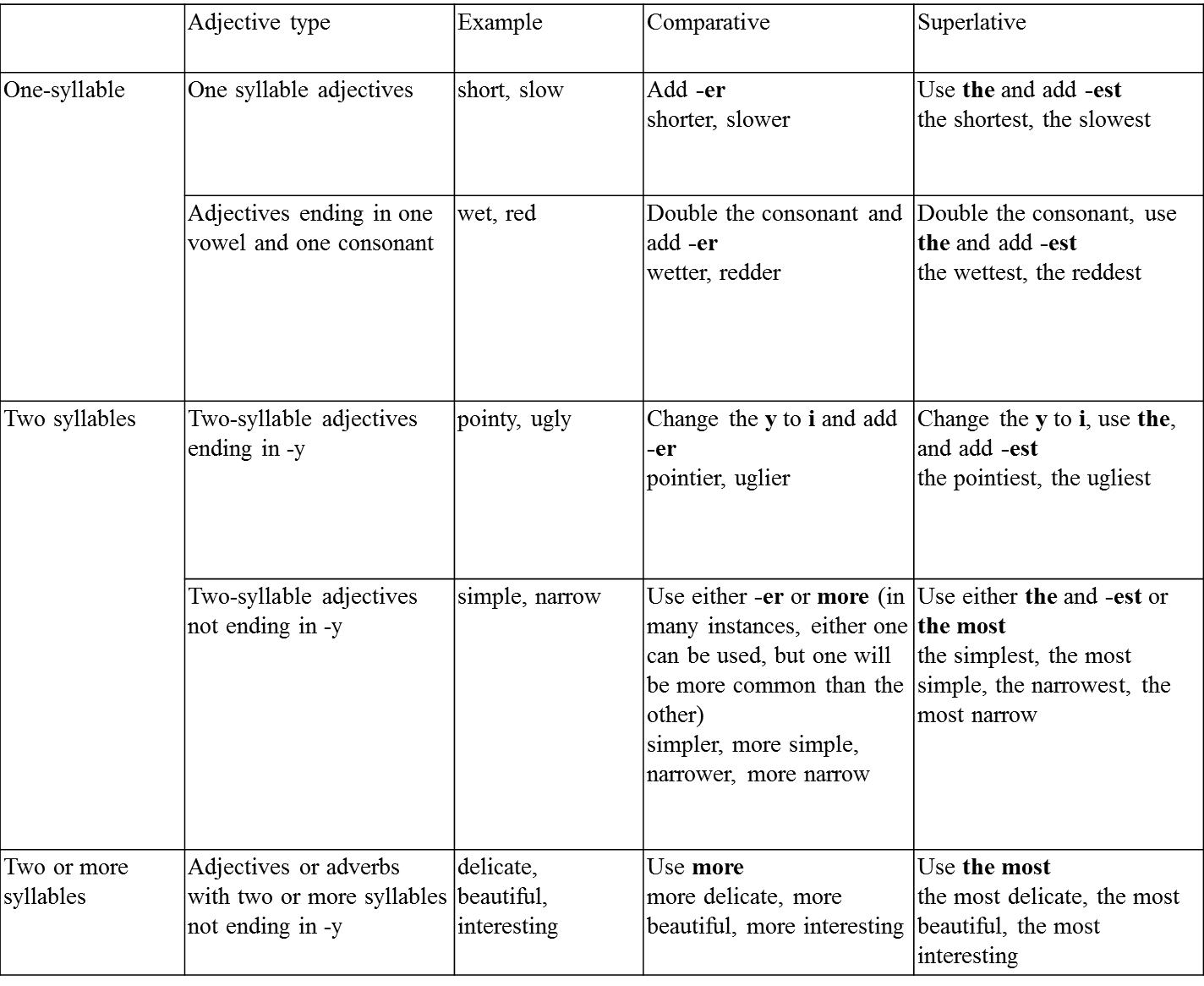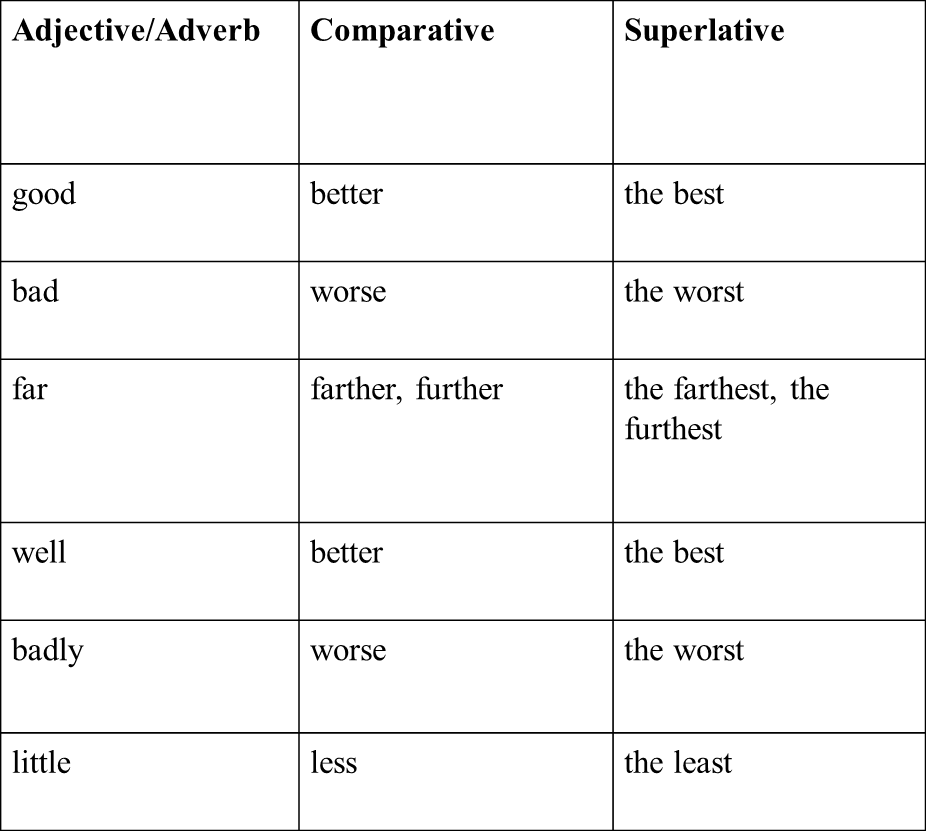Dumb and Dumberer, the prequel to Dumb and Dumber, tells the story of how the good-hearted but stupid main characters, Harry and Lloyd, met in high school. IMDB gave the movie 3.4 out of 10 stars, deeming it dumberer than the first film, but not because of the incorrect comparative in the title.
Why is dumberer wrong?
As with some Hollywood film franchises, when we add –er to create a comparative, we need to know when to stop.
Key Takeaways:
- Comparatives and Superlatives Simplified: Understand when and how to properly escalate your adjectives, leaving “dumberer” in the fictional world.
- Rules and Exceptions: Grasp the basic guidelines and the must-know exceptions for polishing your comparative and superlative skills.
- Real-World Application: From “Dumb and Dumberer” to everyday conversation, learn to choose the right degree of comparison to make your English shine.
- Irregular Forms Mastery: Get the lowdown on irregular adjectives and adverbs that defy the basic rules, ensuring your language is both correct and natural.
- Evolution of Usage: Stay updated with how modern preferences like “more handsome” over “handsomer” reflect evolving English usage, enhancing your adaptability in communication.
She needs a bigger bed.
He’s feeling sadder now.Comparatives are used with than when we want to explicitly compare two things in the same sentence, for example:
Your shoes are smaller than mine.
The Earth is bigger than the sun.
A clear mind is more valuable than a busy one.
Superlatives describe something that is at “the upper or lower limit of a quality,” such as:
His mom is the oldest woman alive.
Pluto was the smallest planet in our solar system until recently.
Now, David Bowie has the most popular song on Spotify.
There are a few basic rules for comparatives and superlatives, which are shown in the table below (adapted from SpeakSpeak.com):

So if we follow these rules, we can say:
Today I had the bestest time touring the city. I went farer than my friend when we walked around the park.
Right? Wrong.
There are irregular adjectives (and adverbs) that you have to memorize because they don’t follow the rules above. They are:
Here are some examples of these irregular words as comparatives and superlatives in sentences:
Today I had the best time touring the city. I went farther than my friend when we walked around the park.
You dance better than I do.
You bought the least attractive pair of moccasins at the thrift store.
He can run the farthest of his classmates, but that’s only once around the track.
I do badly in math, but at least I’m not the worst.
Besides the irregular words in the table above, one other unclear comparative/superlative choice is handsomer/more handsome and handsomest/most handsome. The rules call for handsomer and handsomest, but usage has changed over time. Modern speakers prefer more handsome to handsomer and there is an even split between handsomest and most handsome. The preferred usage typically follows what native speakers say and the trend seems to be moving toward the simpler construction of more + adjective and the most + adjective. They are both correct, but it is worth your time to listen carefully and pay attention to which one is used most often in conversation.
